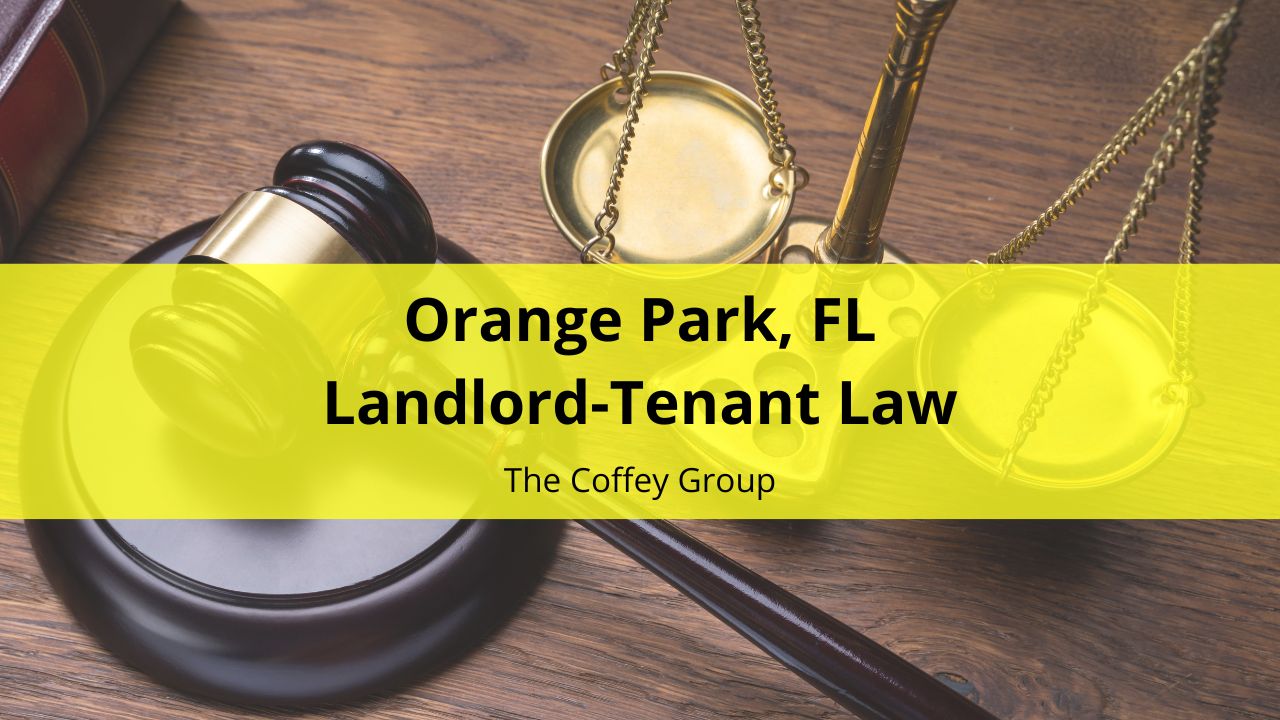Once a verbal or written lease or rental agreement is established, Florida’s landlord-tenant laws give the landlord and tenant certain rights and responsibilities. As a landlord, you must familiarize yourself with this policy to avoid potential conflicts with your renter. The following is a basic overview of rental policies in Florida:
Reach Out to Our Property Managers!
Necessary Disclosures in the State of Florida
As a landlord in Florida, the following are some of the disclosures you must make before renting out your property:
- Disclosure on lead-based paint. This applies to landlords renting out homes built before 1978. The disclosure requires landlords to inform residents of lead-based paint hazards.
- Disclosure on how you’re holding your tenant’s security deposit.
- Disclosure on whether there is the presence of radon gas in or inside the rental unit.
Tenants’ Rights & Responsibilities in Florida
Tenants in Florida have the right to:
- Have repairs done promptly.
- Live in a habitable home that abides to the basic health and safety codes.
- Be treated fairly without any bias based on certain protected classes.
- The return of all, or a portion, of the security deposit after moving.
- Terminate the rental agreement early under certain circumstances.
- Continue staying in their premises until the landlord has followed the proper judicial eviction process to take back possession of the dwelling.

When it comes to responsibilities, Florida tenants are required to:
- Maintain the unit to the required habitable conditions.
- Keep their premises in a sanitary state.
- Use all the provided fixtures and facilities reasonably.
- Abide by all terms of the lease agreement.
- Not cause unreasonable disturbance to other renters or neighbors.
- Not cause excessive unit damage.
- Make consistent and timely rental payments.
- Notify the landlord prior to moving out of their premises.
Landlords’ Rights & Responsibilities in Florida
- Landlords in Florida have the right to:
- Enter rented premises to perform a needed or requested maintenance task as long as they provide adequate written notice to the tenant.
- Evict a tenant who fails to abide by the terms of the lease agreement, such as paying rent.
- Collect a security deposit from a resident and make allowable deductions.
- Raise rent.
- Enforce the terms of the written rental agreement for the entire rental period.
- Charge late payment fees.
The list of responsibilities for landlords is as follows:
- Treat all tenants equally and fairly for the duration of the tenancy.
- Adhere to health and safety codes.
- Remove a renter through a judicial eviction process.
- Provide tenants with the required disclosures.
- Only make deductions to a tenant’s security deposit for certain allowable reasons.
- Provide a resident with a 24-hour advance notice before entering their premises.

Overview of the Landlord-Tenant Laws in Florida
The following are some key elements that make up Florida’s rental regulations:
Landlord Right to Entry
Landlords in Florida can enter their tenant’s property. A landlord may want to do so to repair, inspect the premises, or show the dwelling unit to prospective renter.
However, in all circumstances, the landlord must notify the tenant in advance. Under state law and other other relevant Florida statutes, a landlord must provide your renter with a 24-hour advance notice before entering their rented unit. Landlords must only enter the dwelling unit during normal working hours. If the landlord fails to abide by these rules, they could face legal penalties and fines.
Housing Discrimination
The Fair Housing Act protects residents from certain discriminatory acts from landlords. It’d be unlawful for you, for instance, to show bias or limitation based on certain protected classes. The protected classes under the Florida Fair Housing Act are race, color, nationality, religion, sex, familial status, disability, and pregnancy.
Rent Increase
There is no rent control law in Florida. Consequently, as a landlord, you have the right to charge residents whatever amount of monthly rent you want. You can also raise it for whatever reason, and as often as you’d want. However, in a fixed-term rental agreement, you must wait until the written lease or existing rental agreement ends before you make adjustments.

Security Deposits
Certain regulations apply when it comes to the collection, holding, and return of the renter’s deposit. Here are a few of those rules:
- Return tenants’ security deposits within 15 days of them moving out.
- Only make allowable deductions to the deposit. For example, to cover the cost of renter-caused damages that go beyond expected wear and tear.
- Deposit money in either of three ways: a normal account, an interest-bearing account, or a surety bond. You must send a tenant written notice informing them of where the deposit is being stored and whether they’re entitled to any interest generated from it.
There isn’t, however, a rule capping the amount you can ask for as a deposit from a renter. That said, keeping it reasonable will help you land qualified tenants and reduce turnover.
Tenant Evictions
If you have to evict a tenant in Florida, then you must follow the proper judicial process. Which includes, serving an eviction notice, filing a lawsuit in court, and attending the court hearing. Common reasons for evicting a tenant include outstanding unpaid rent and dwelling unit damage exceeding standard wear and tear. Rental agreement or lease violations like keeping unauthorized pets or subletting the rental unit without permission could also be grounds for eviction.
Bottom Line
Understanding the Florida statutes surrounding rentals is vital to protect your real estate investment. Keeping track of all of your responsibilities can be challenging as a Florida residential landlord, especially if you have multiple rental properties. Consider the benefits of working with a trusted property management firm like The Coffey Group. Contact our team of expert rental managers today to learn about our professional services!
Disclaimer: Please note that the information provided in this blog is intended for general guidance and should not be considered as a replacement for professional legal advice. It is important to be aware that laws pertaining to property management may change, rendering this information outdated by the time you read it.


